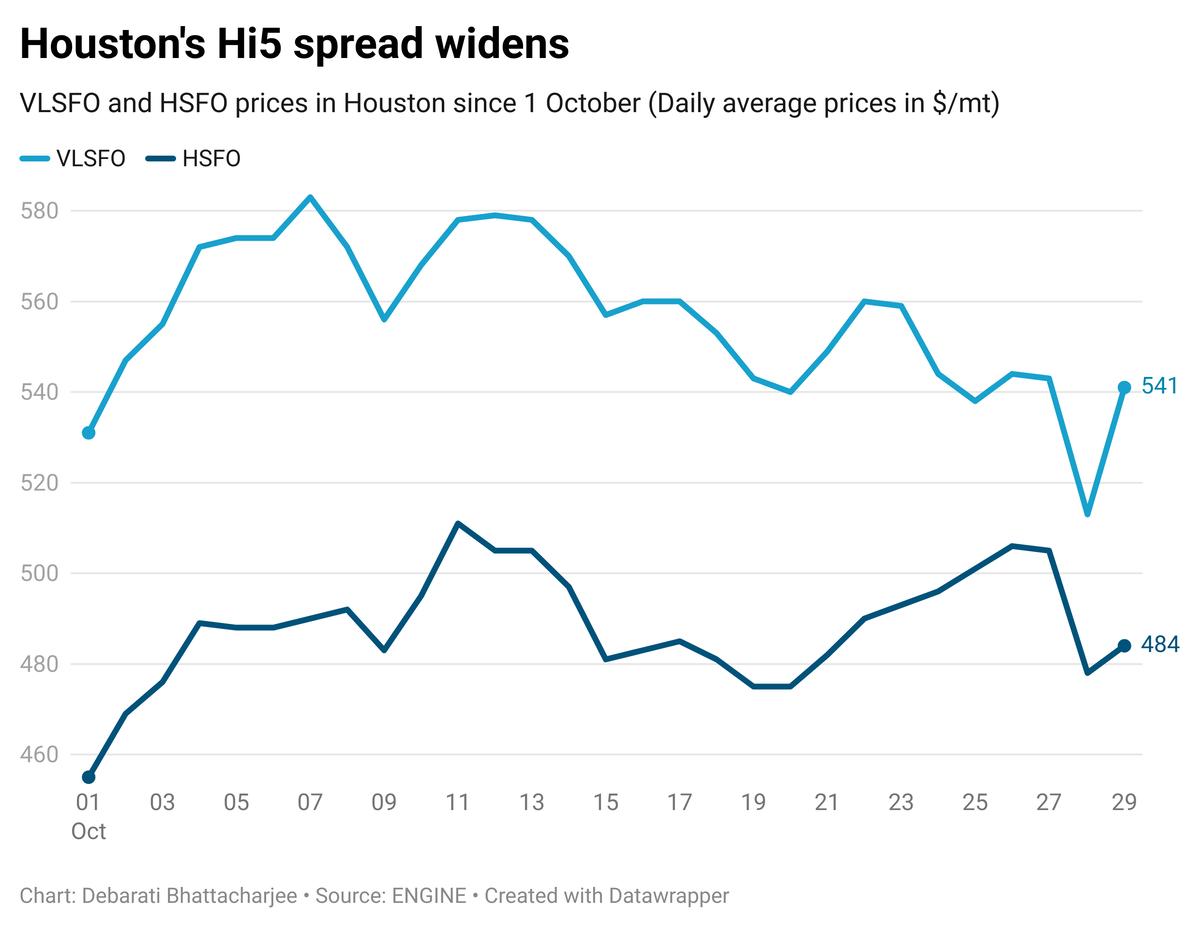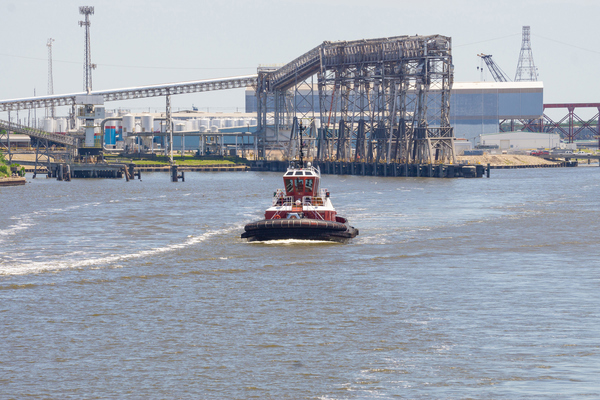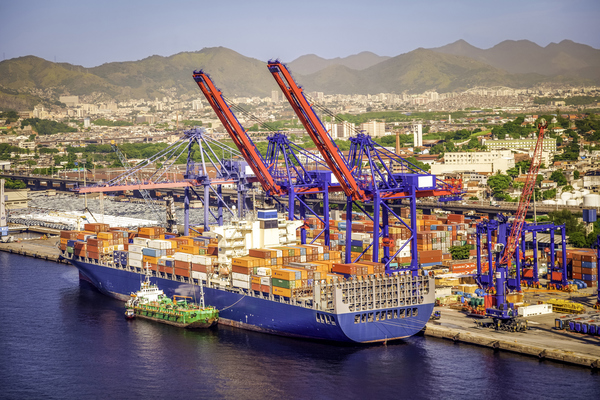Americas Market Update 29 Oct 2024
Most bunker benchmarks in major Americas ports have increased with Brent, and bunker operations are suspended in GOLA.

Changes on the day, to 08.00 CDT (13.00 GMT) today:
- VLSFO prices up in Houston ($28/mt), Zona Comun ($26/mt), New York ($20/mt) and Balboa ($5/mt)
- LSMGO prices up in Balboa ($22/mt), New York ($18/mt) and Houston ($10/mt)
- HSFO prices up in New York ($15/mt), Balboa ($11/mt) and Houston ($6/mt)
Houston’s VLSFO price has gained heavily in the past day with support from a 150-500 mt higher-priced VLSFO stem. Meanwhile, the port’s HSFO price has had a moderate gain. This has widened Houston’s Hi5 spread from $35/mt yesterday, to $57/mt now.
Bunkering has been suspended in the Galveston Offshore Lightering Area (GOLA) today due to rough weather conditions. The area is experiencing wind gusts of up to 27 knots, making barge deliveries difficult there. A window of calm weather on Friday could enable bunker operations to resume in GOLA before conditions deteriorate again.
Availability of VLSFO and LSMGO has been tight in Balboa and Cristobal for prompt dates. One supplier is unable to provide stems for delivery before the second week of November, while another supplier can only deliver after 5 November.
Bunkering operations are expected to be suspended in the Bahamas’ Freeport today amid rough weather conditions. Bad weather is forecast for most of this week, which could cause prolonged delays.
Brent
The front-month ICE Brent contract has moved $0.65/bbl higher on the day, to trade at $71.97/bbl at 08.00 CDT (13.00 GMT) today.
Upward pressure:
Oil market participants have been on the edge as tensions from the impending geopolitical risks remain high, according to analysts.
There is a “tentative floor under oil prices,” as traders keep an eye out for more Israeli airstrikes as the country continues its military operations in the regions controlled by Iran-aligned Hamas and Hezbollah armed groups, SPI Asset Management’s managing partner Stephen Innes remarked.
“Some [oil] traders hedge against the possibility that Israel's initial strikes could signal the start of a broader campaign,” Innes said. “Particularly if Israel redirects its focus [towards attacking energy facilities] after addressing the immediate threats posed by Hamas and Hezbollah,” he added.
The US Department of Energy’s (DOE) Office of Petroleum Reserves announced a new solicitation to buy up to 3 million bbls of crude oil to replenish its Strategic Petroleum Reserves (SPRs).
The SPR is one of the world’s largest emergency crude oil reserves. When the US purchases crude oil to fill its SPR, significant volumes of oil are removed from the market, which could potentially tighten supply and support oil prices.
Downward pressure:
Brent’s price declined as Israel’s retaliatory strikes against Iran were not directed toward oil facilities. The geopolitical risk premium priced in by the market has slumped as the Israel Defense Forces (IDF) primarily focused on targeting Iran’s military facilities.
“Iran didn’t immediately vow to respond,” ANZ Bank’s senior commodity strategist Daniel Hynes said. “Instead, it downplayed the scale and effectiveness of the attack and suggested that its warnings, in recent weeks, against an aggressive strike had deterred Israel,” he added.
This news comes at a time when the oil market is already bracing for excess supply as OPEC+ plans to gradually unwind its production cuts, analysts said.
“[Oil] traders instead turned their attention to OPEC’s planned December increase of currently unwanted barrels,” analysts from Saxo Bank noted.
By Debarati Bhattacharjee and Aparupa Mazumder
Please get in touch with comments or additional info to news@engine.online

Contact our Experts
With 50+ traders in 12 offices around the world, our team is available 24/7 to support you in your energy procurement needs.




